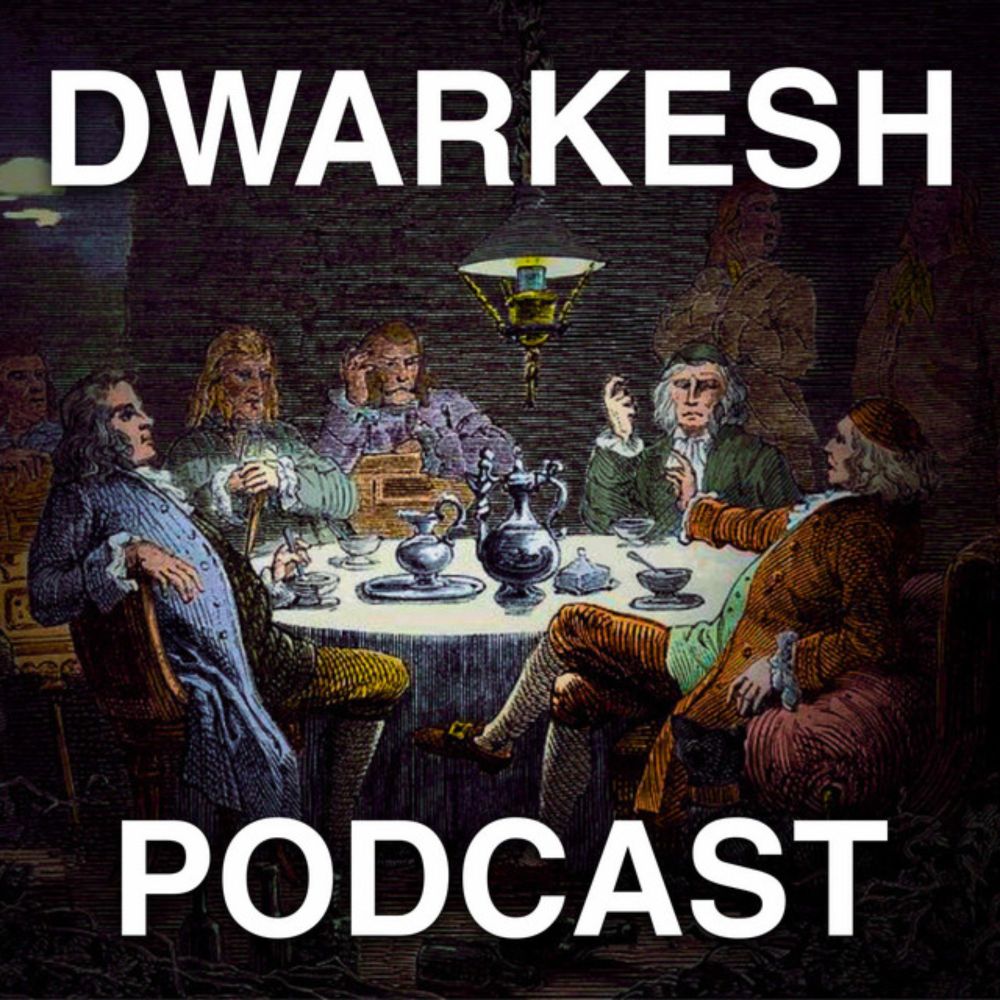Ólafur Páll Geirsson
@geirsson.com
610 followers
720 following
280 posts
Building Agents at Sourcegraph. Posts about coding, AI, and family (3 kids). @olafurpg elsewhere. Based in Oslo, Norway.
https://geirsson.com
Posts
Media
Videos
Starter Packs
Ólafur Páll Geirsson
@geirsson.com
· Jun 7
Ólafur Páll Geirsson
@geirsson.com
· Jun 3
Ólafur Páll Geirsson
@geirsson.com
· May 31
Ólafur Páll Geirsson
@geirsson.com
· May 31
Ólafur Páll Geirsson
@geirsson.com
· May 30
Ólafur Páll Geirsson
@geirsson.com
· May 29
Ólafur Páll Geirsson
@geirsson.com
· May 29
Ólafur Páll Geirsson
@geirsson.com
· May 29
Ólafur Páll Geirsson
@geirsson.com
· May 27
Ólafur Páll Geirsson
@geirsson.com
· May 27
Ólafur Páll Geirsson
@geirsson.com
· May 27
Ólafur Páll Geirsson
@geirsson.com
· May 27
Ólafur Páll Geirsson
@geirsson.com
· May 27
Ólafur Páll Geirsson
@geirsson.com
· May 27
Ólafur Páll Geirsson
@geirsson.com
· May 25
Ólafur Páll Geirsson
@geirsson.com
· May 25
Ólafur Páll Geirsson
@geirsson.com
· May 22
Ólafur Páll Geirsson
@geirsson.com
· May 22
Ólafur Páll Geirsson
@geirsson.com
· May 22
Ólafur Páll Geirsson
@geirsson.com
· May 21
Ólafur Páll Geirsson
@geirsson.com
· May 19




